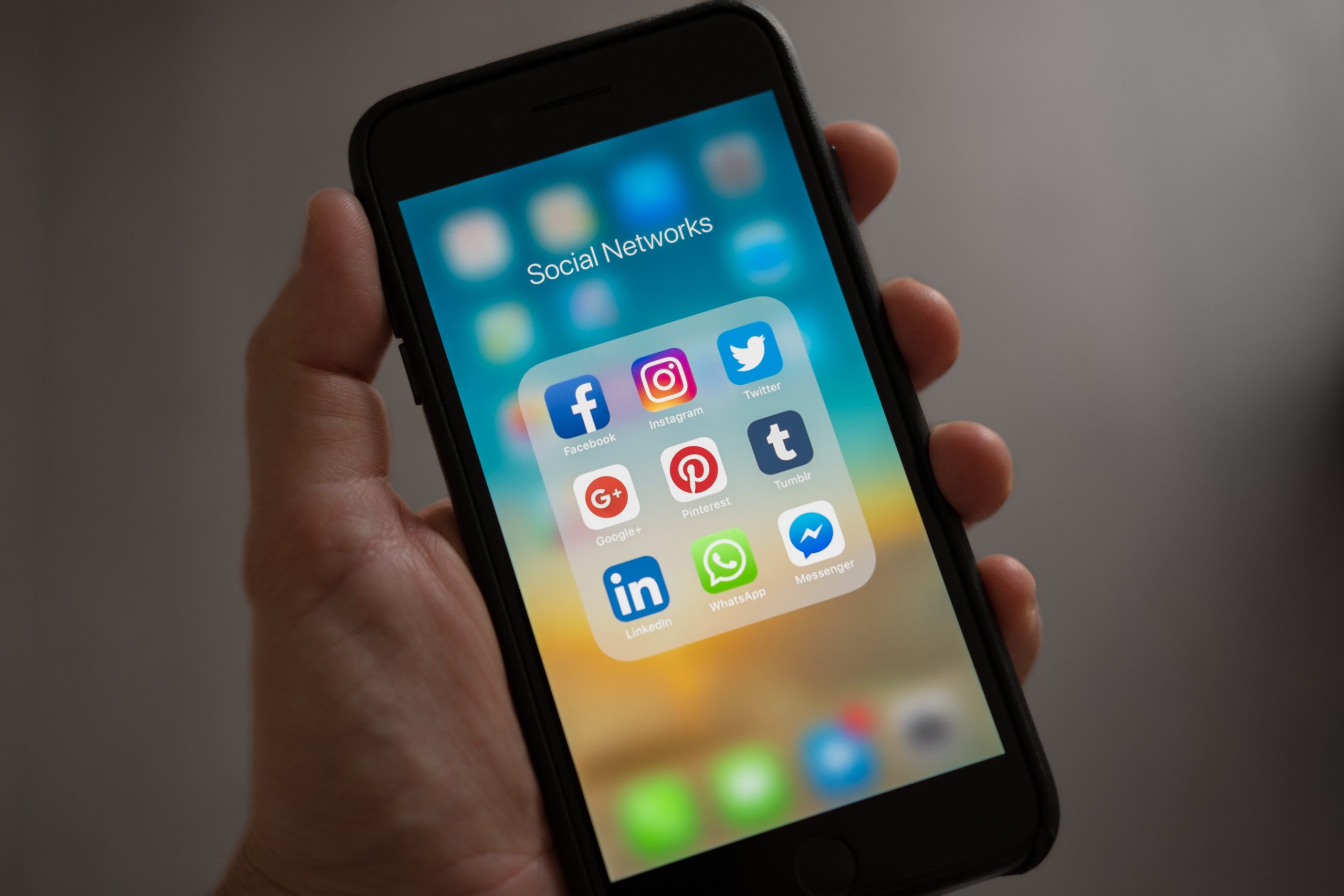Should I Stay Off of Social Media During My Personal Injury Case?
Kevin Biniazan—January 24, 2022

If you’re like most people, you probably use social media to keep in touch with friends and family, share your latest thoughts and ideas, or just kill some time. But what if you’re involved in a personal injury case? Should you stay off social media altogether? Here’s what you need to know.
What is a personal injury case?
A personal injury case is a civil lawsuit brought by an individual who has been injured, either physically or emotionally, as a result of another person’s negligence or wrongful act. The injured party seeks compensation for their damages, which may include medical expenses, lost wages, pain and suffering, and property damage.
If the defendant is found liable, they may be required to pay punitive damages as well. In order to win a personal injury case, the plaintiff must be able to prove that the defendant’s actions were the direct cause of their injuries. If you have been injured as a result of someone else’s negligent or wrongful act, you may have a valid personal injury claim. Contact an experienced personal injury attorney to discuss your legal options.
The Pros of Staying Off Social Media
Many people believe that staying off social media during a personal injury case is the best way to keep their information private and prevent the other side from finding out anything that could be used against them. However, there are also several advantages to staying active on social media during a personal injury case. By sharing updates and remaining active, you can help to build public support for your case and put pressure on the other side to reach a fair settlement.
In addition, staying active on social media can also help you stay connected with your lawyer and keep up with any developments in your case. Ultimately, whether or not to stay active on social media during a personal injury case is a personal decision. However, there are benefits to both choices, and it is important to weigh all of the options before making a decision.
The Cons of Staying Off Social Media
In the event that you are associated with a personal injury case, it might be enticing to quit social media and banish yourself from the online world until your case is settled. This may seem like a wise decision, however, staying off social media can actually do more harm than good for your personal injury case. Social media can be used as evidence in a personal injury case, which means that anything you post online could potentially be used against you in court.
Even if you delete a post or set your account to private, there is always the potential for someone to take a screenshot or save something that you thought was safe. In addition, avoiding social media can make you appear guilty or uncooperative, which will not reflect well on you in court. Ultimately, the best course of action is to be careful about what you post online and refrain from posting anything related to your case.
How to Decide if Staying Off Social Media is Right for Your Case
If you’ve been injured in an accident, you may be wondering if staying off social media is the right decision for your personal injury case. While there’s no one-size-fits-all answer to this question, there are a few things you should consider before making a decision.
First, it’s important to understand how social media can impact your case. If you post photos or updates about your accident or injuries, insurance companies may use this information against you. For example, if you post a photo of yourself looking happy and healthy, the insurance company may argue that your injuries aren’t as severe as you claim.
Second, you should consider whether staying off social media is realistic for you. If you’re active on social media, it may be difficult to stay away from platforms like Facebook, Twitter, and Instagram. If you decide to stay off social media, make sure you have a plan in place for how you’ll cope with the temptation to check in on what’s going on with your friends and family.
Lastly, think about whether staying off social media is in line with your overall goals for your personal injury case. If staying off social media will help you focus on your recovery and avoid unnecessary stress, it may be the right decision for you. However, if staying off social media will prevent you from sharing your story and connecting with other accident victims, it may not be the best choice for you.
Ultimately, only you can decide whether staying off social media is right for your personal injury case. Consider all of the factors involved and make a decision that’s best for you and your unique situation.
How to Keep Your Social Media Use Private
In the age of social media, it can be difficult to keep your personal life private. With so much of our lives being shared online, it can be tempting to overshare on social media. However, there are a few simple steps you can take to make sure that your social media use is private.
First, be selective about who you add as a friend or follower. Just because someone has access to your profile doesn’t mean they need to see everything you post. Second, take advantage of the privacy settings that most social media platforms offer. These settings allow you to control who can see your posts and photos. Finally, remember that what you post online is permanent. Once something is posted, it can be difficult to remove it from the internet. So before hitting “post,” ask yourself if you really want everyone to see what you’re sharing. By following these simple tips, you can help keep your social media use privately.
How Social Media Can Be Used in a PI Case
If you’re involved in a personal injury case, it’s important to be aware of the ways social media can be used against you. For example, if you post photos of yourself participating in activities that contradict your claim of being injured, those photos could be used as evidence against you. Similarly, if you make comments on social media that downplay the severity of your injuries, insurance companies could use those comments to reduce or deny your claim.
On the other hand, social media can also be used to support your claim. For example, if you have photos of your injuries soon after the accident, those photos can help to document the severity of your injuries. Similarly, if you have witnesses who are willing to post about what they saw on social media, that could also be helpful evidence in your case.
In short, while social media can be a minefield for personal injury claimants, it can also be a valuable source of evidence. If you’re involved in a personal injury case, it’s important to be aware of both the risks and the potential rewards of using social media.
Contact the expert personal injury attorneys at Breit Biniazan for professional legal representation.
By Kevin Biniazan
Partner
Kevin is a trial attorney who passionately represents individuals injured or harmed by the carelessness of others. Between jury trials and settlements, Kevin has secured more than $125 million for his clients in his first seven years of practice.
Categories:
Office Locations
Related Posts
Categories
We are personal injury attorneys
Fill out our contact form to speak to our experienced Virginia trial attorneys. Breit Biniazan has helped recover millions of dollars in cases. Learn how we can help you today.
